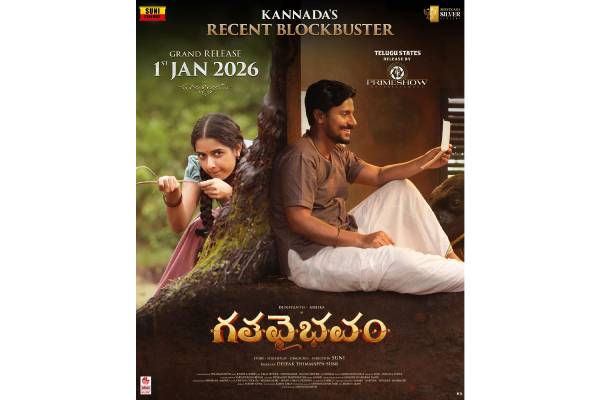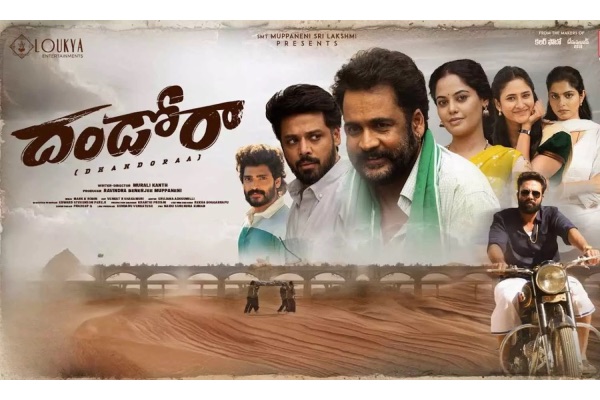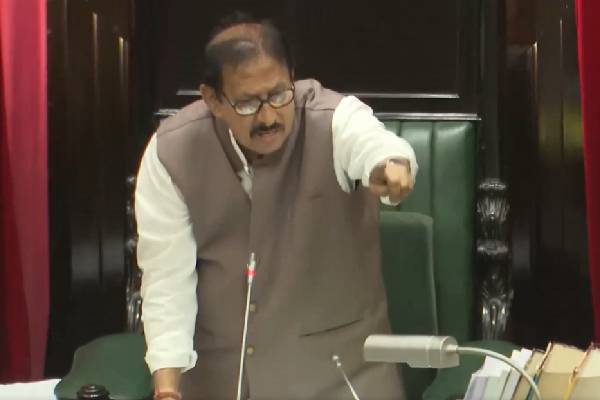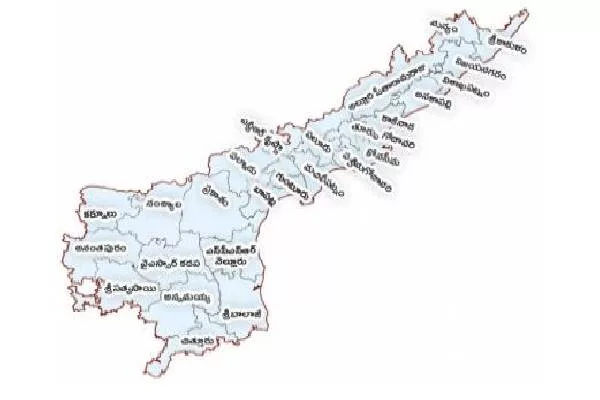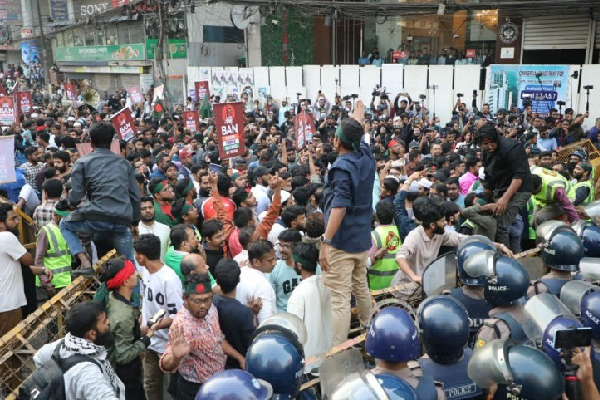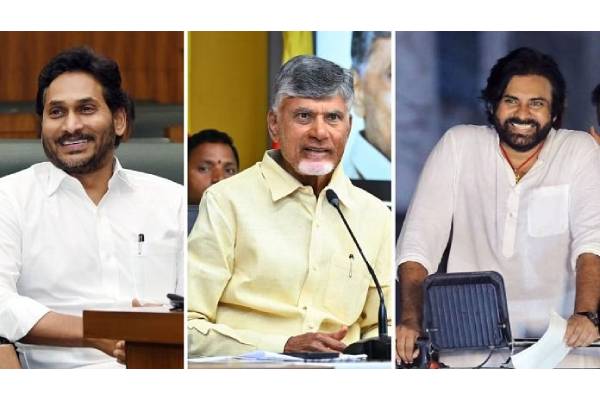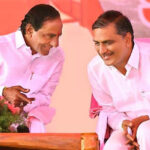The West Bengal Assembly was expected to discuss the condition of Bengali migrants. Instead, it delivered another round of theatre. What began as a debate soon turned into a scuffle, with slogans rising louder than reason.
BJP chief whip Shankar Ghosh was injured in the clash and later suspended for the day. He refused to leave the House, leading to marshals being called in. BJP MLA Agnimitra Paul, along with three others, faced suspension as well. The opposition alleged that water bottles were thrown from the treasury benches, a claim that only added more drama to the day.
Chief Minister Mamata Banerjee strongly condemned the opposition’s conduct and accused the BJP of being anti-Bengali. She went on to brand the party corrupt and dictatorial. The BJP, in turn, claimed it was only trying to raise issues concerning Bengali migrants and accused the government of silencing voices.
The entire episode raised a familiar question. When legislators choose physical scuffles over verbal arguments, what message does it send to the public? An Assembly is meant for debate, not disruptions. Yet in Bengal, it seems disorder is more regular than discussion.





















